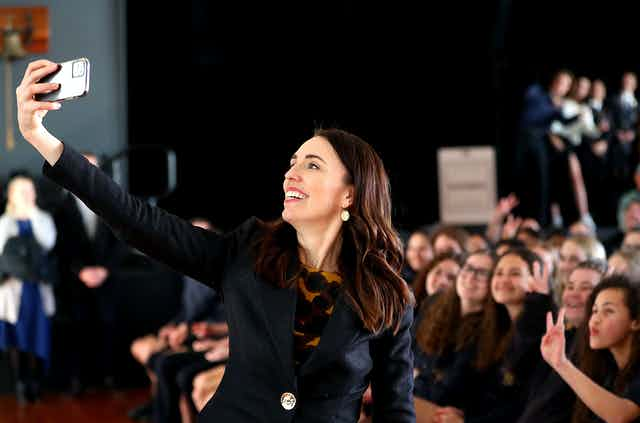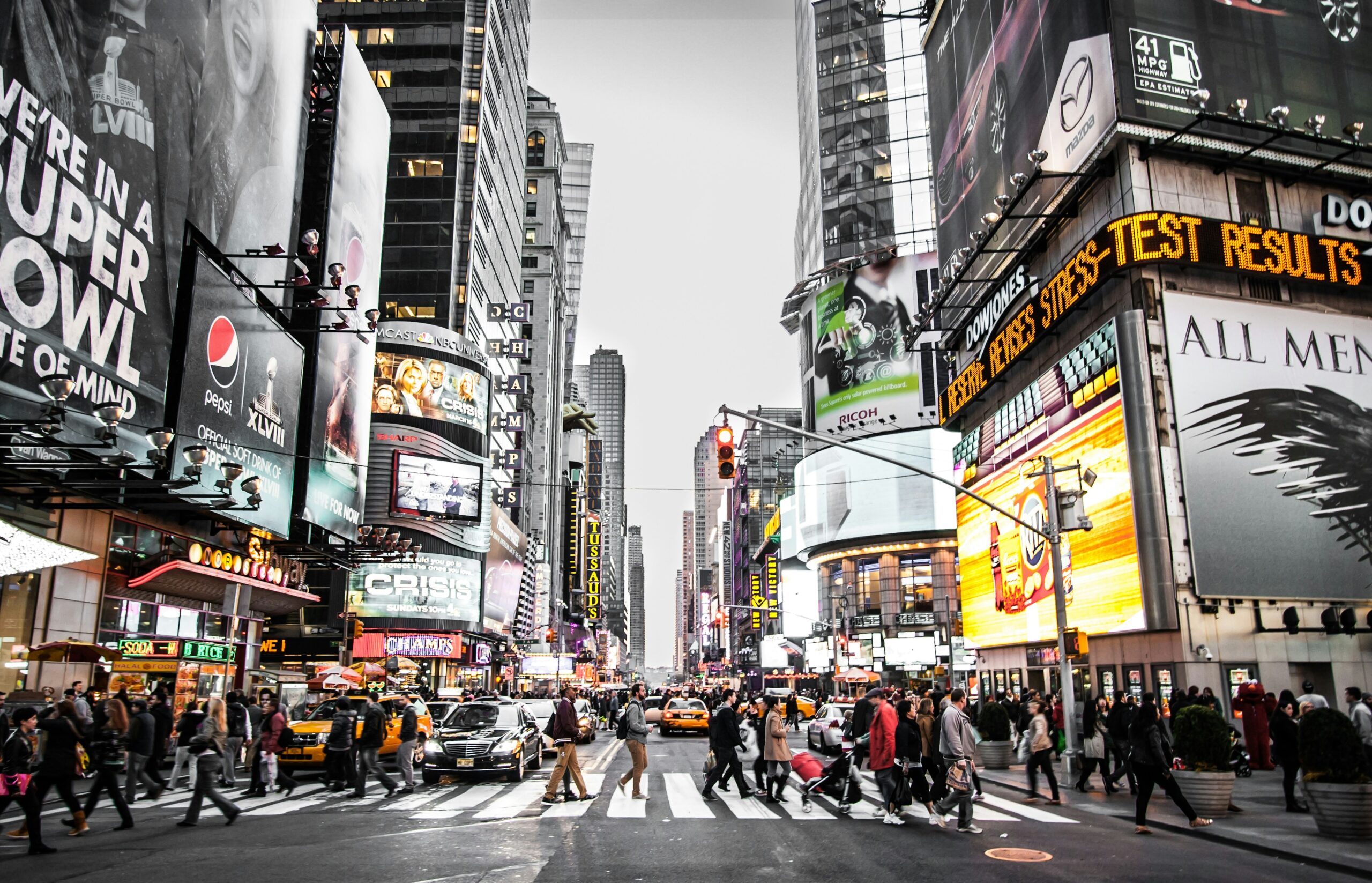Sample Courses

Current Trends in Media Research
FALL 2024
This course will cover some of the most pressing issues in media research in the early twenty-first century. Discussed topics include the role of Facebook in shaping international politics and culture, the power of algorithms, the digital transformation of journalism, the increasingly online presence of children, and the challenges journalists face in illiberal contexts. We will read literature from multiple disciplines including sociology, communication studies, political science and psychology, while also discussing case studies in depth.

Iconic Events in International Media
FALL 2024
This course examines the media coverage of news events that have attracted large international audiences. These exceptional news events interrupt the flow of time, and provide us with uplifting or traumatic experiences and memories. The course’s case studies include the fall of the Berlin Wall, 9/11, the Sandy Hook elementary school shooting, Princess Diana’s funeral and Prince Harry’s recent departure from the Royal family, the Black Lives Matter protests, nuclear and climate disasters, and others. We will examine the events’ journalistic coverage and their global social remembrance.
Past Courses

Social Trauma
SPRING 2024
This graduate seminar will consider how traumatic events shape contemporary societies worldwide. We will carefully consider the similarities and differences between individual trauma, the traumatic experiences that shape our personal lives, and social/cultural trauma that impacts entire communities or even societies. We start the semester with interdisciplinary theories and definitions of individual and social trauma, and will then move on to case studies, ranging from genocides to natural disasters to illiberal takeovers to the current climate emergency.

Charisma & Authenticity in Global Politics
FALL 2022
Political scientists have argued that the last thirty years have been marked by an increasing presence of political personalization: we pay more attention to personalities than to institutions, policies or parties. While this is widely accepted, we still know little about how political personalities are constructed in the media. Through the examples of liberal, illiberal, and authoritarian leaders worldwide, this course will analyze charisma, charm and authenticity as “keywords” of contemporary societies and global politics. The traditional quality of „charisma“ referred to exceptional, almost divine characteristics and rhetorical performances of male politicians, who were distant from their audiences. In contrast, charm is a magic spell that is both seductive and deceptive, and is built on a leader’s proximity to intended audiences. Politicians now have to appear as “one of us.” With savvy methods, they charm and fuse with their diverse and fragmented audiences on social and legacy media. Without understanding how these seductive personalities rise to power, attract attention in new media, and then often fall out of favor, we cannot grasp the current complex and fragile political times we live in.

Visual Media and Society
SPRING 2024
This course examines the transnational flows of visual media. We will survey the growing literature of visual culture in multiple academic disciplines, while considering how images travel across cultural boundaries. The course’s case studies are organized around feelings we experience in all parts of the world: fascination, fear, admiration, solidarity, grief, hope and outrage, among others. The course raises the questions of which visuals do and do not resonate with international audiences, and why certain visuals resonate more than others.

Independent Study
GSOC 6990, Spring 2022